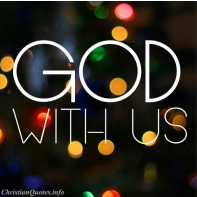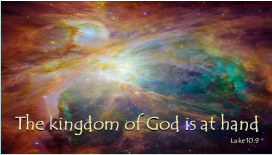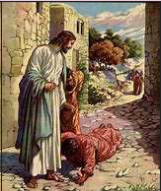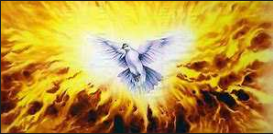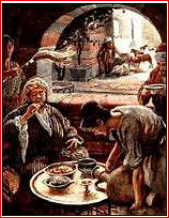And What Do You Expect for 2020?
https://stmarystcatherine.org/wp-content/themes/osmosis/images/empty/thumbnail.jpg 150 150 Charlestown Catholic Collaborative Charlestown Catholic Collaborative https://stmarystcatherine.org/wp-content/themes/osmosis/images/empty/thumbnail.jpgAs we bid adieu to 2019 and turn the page of the calendar for this New Year, it seems a fair question to pose. Because it is an election year, most everyone has something to say about politics these days. There is much in the news, and the candidates are all jockeying for position in the eye of the voters. In the area of sports, similarly, many folks have ideas and opinions; and it is the same about music, movies, the weather, social media, TV, religion, the church, globalization, the economy, work places and so on.
Usually I enjoy conversations about some of the complex and popular topics of the day. But, from time to time, I find myself in a conversation with someone who seems negative about everything. Maybe you have had the same experience. Sometimes their position is couched in the opening line, “Now-a-days …” with a conclusion that whatever the topic, its state has deteriorated from earlier days. I used to think this was the mindset of older folks. However, now I am older and I am surprised to discover that this attitude is found in all age groups. Moreover, within that group of people for whom the glass is always half-empty, there is another angle – those who feel that all along there has been a plan for the glass to be this way!
A cynic is a person who speaks critically about something – often with great passion – and appears to be dismissive about any or much of value in the topic at hand. Yet what is most intriguing to me is that the cynic posits there is nothing one can do to make a difference, for the cynic has little faith in human sincerity and goodness. In my experience, a cynic is usually righteous and even intimidating in exerting a position, and for this reason, it can be poisonous.
I speak about cynicism because it appears to me the opposite of the mindset of a Christian. We believe in redemption, forgiveness and in the genuine goodness of persons. Further, we believe that God’s generosity is without limit and persons of faith are encouraged to work for the common good. Trust enters here as well; a cynic would dismiss trusting others and/or society with contempt and the Christian would be called to live the “Golden Rule” – treat others, as you would have them treat you .
Certainly, I realize the issues facing our community, country and world are daunting on many fronts. And I believe that God’s power is limitless and the most intractable problem is not beyond resolution. Our faith tradition and Scripture invite each of us into a relationship with Jesus Christ. In and through this relationship, persons can accomplish the unimaginable. Most of us have seen proof of this even in our own lives.
The truth is that there is a bit of the cynic in each of us. However, we have a choice to be otherwise. The New Year is upon us. Will we look at this new beginning with hope or cynically dismiss it? The latter leads to darkness and despair. The former leads to light and limitless possibilities.
Fr. Ronan
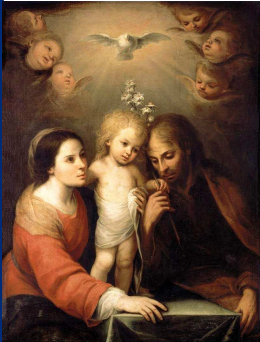
December 29 ~ The Holy Family of Jesus, Mary and Joseph
The example of the Holy Family can be summed up in the words of today’s second reading. They were clothed in “heartfelt compassion, kindness, humility, gentleness, and patience, bearing with one another and forgiving one another…” This feast offers all families the inspiration and encouragement to make these values an essential part of each relationship, conversation and interaction with one another.
Pray in a special way today for all parents, grandparents, and guardians as they strive to make their families holy.

